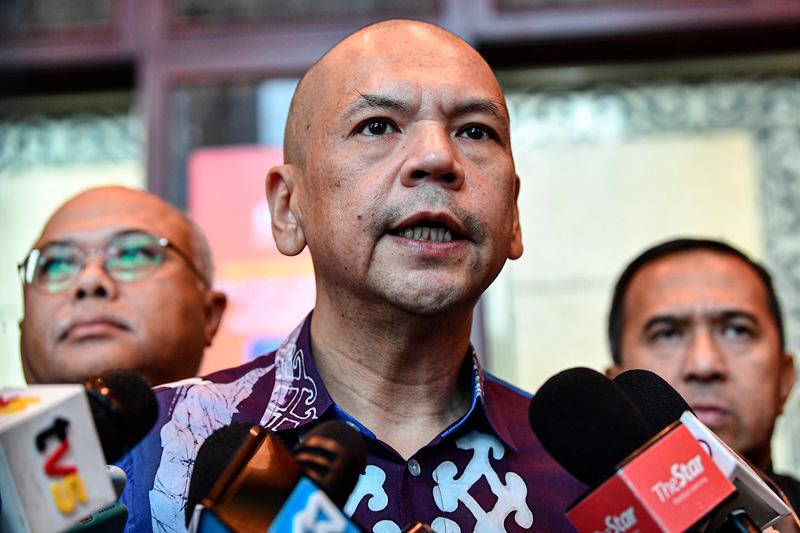PAPAR: The Domestic Trade and Cost of Living Ministry (KPDN) has issued a stern warning to all traders for imposing additional charges for providing cashless payment.
Its Minister, Datuk Armizan Mohd Ali said the regulations and laws are clear and they should be compiled with by every trader and if traders are found taking advantage by putting additional charge, firm actions will be taken under the Control of Supplies Act and Price Control and Anti-Profiteering Act 2011.
“We want to make it clear to traders to do their business according to ethics, rules and laws. The law does not allow additional charges to be imposed on the customers paying with QR Code (Quick Response Code).
“This is the rule set by Bank Negara. We will take action if there are traders who charge extra on users for cashless payment,“ he told reporters after attending a private company’s bus and lorry handover programme here today.
On Wednesday, KPDN Melaka issued a RM200 compound on a stall selling food when it imposed an additional charge of one per cent for each transaction using QR Code.
In a related development, Armizan said cashless society is a global trend and the use of cashless payment is encouraged not only in Malaysia but also around the world.
In this regard, he said there is no act or regulation that prevents any business premises if they only want to specialise in cashless payments only.
“There is no prohibition because it is the merchant’s decision whether or not they give the option to use cashless or cash payment.
“Users have the right to choose if they feel they want to make a transaction in cash, then they can choose premises that offer that payment method. I think on average in Malaysia most premises still allow the use of cash transactions in any payment,“ he explained.
However, Armizan said the government understands that some users are still not used to using cashless transactions, including in areas with problems of telecommunications.
Therefore, the ministry welcomes any complaints from users to see the current situation whether the community in the area still needs cash transactions or otherwise.
“We will negotiate with the business premises involved so that they can consider opening up space for cash transactions. We don’t just wash our hands on the matter,“ he said.









